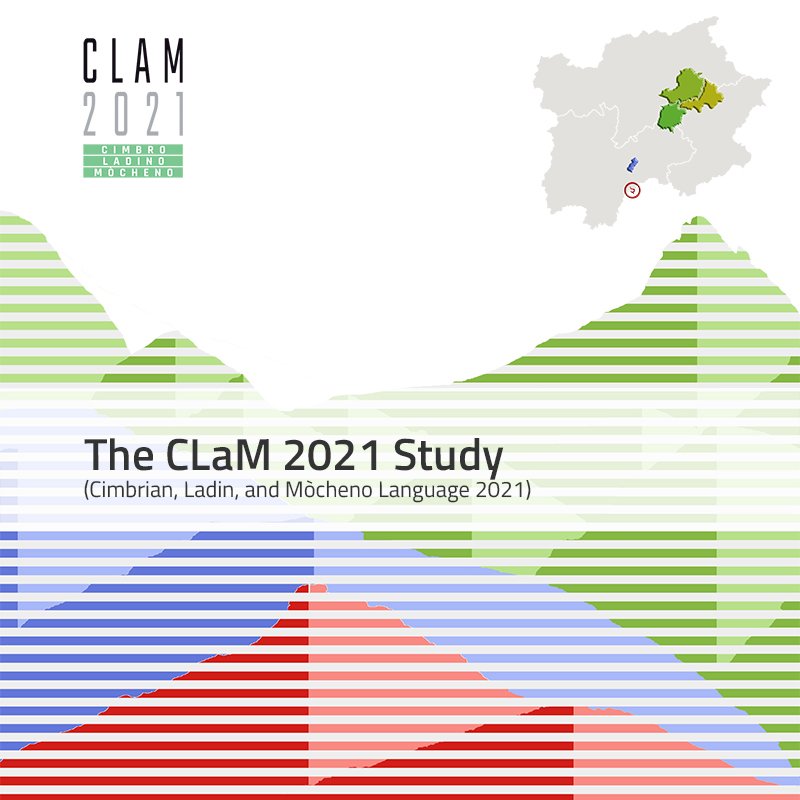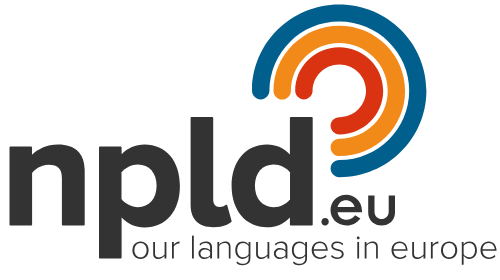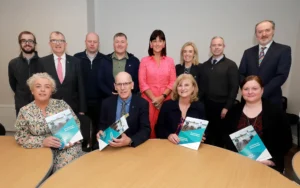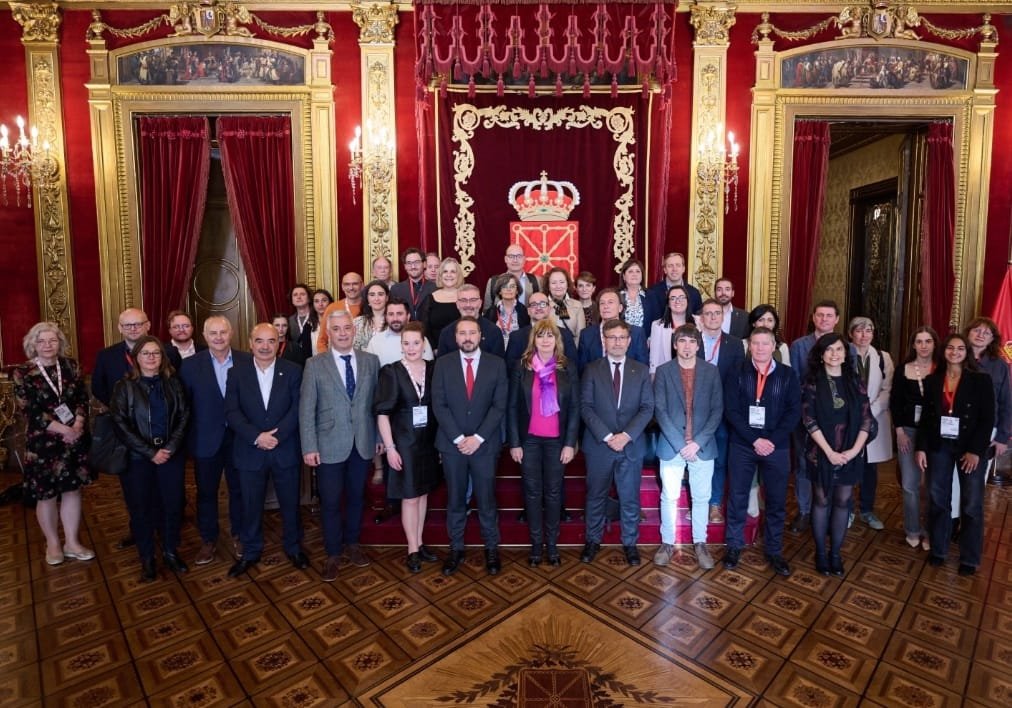
NPLD » CLAM 2021 Project
CLAM 2021 Project
The CLAM 2021 project focuses on investigating language use, skills, and attitudes in the Cimbrian, Ladin, and Mòcheno minority areas across Trento, Bolzano, and Belluno provinces. The aim is to create an updated and statistically relevant database which will serve as the basis for specific language policy interventions to enhance multilingualism with minority languages. The project is a collaboration between the Province of Trento, the University of Trento, and cultural institutes representing the Cimbrian, Mòcheno, and Ladin communities. Financial support is provided by the Region of Trentino-South Tyrol.
The languages:
Mòcheno, a Germanic language, is spoken in Trentino’s Fersina Valley since German settlers arrived in the 13th century. It belongs to the Southern Bavarian dialects. Mòcheno speakers are typically trilingual, with proficiency in Mòcheno, standard Italian (the language of education), and the local Trentino dialect. Efforts have been made to protect the endangered Mòcheno language, including the publication of normative grammar and a dictionary, as well as standardizing place name orthography. It is protected as a minority language by legislation in the Autonomous Province of Trento and State law 482/1999, alongside Ladin and Cimbrian.
Cimbrian refers to the varieties spoken in Luserna/Lusérn, Giazza/Ljetzan, and Roana/Robaan, with varying numbers of speakers across Trento, Verona, and Vicenza provinces. Cimbrian belongs to the Southern Bavarian dialect group, with settlements dating back to the 11th century. It combines conservative features, such as pronoun syntax and negation, with innovative aspects like verb-object order and the position of the inflected verb. The earliest written document is a Cimbrian translation of the catechism from 1602.
Dolomite Ladin encompasses Rhaeto-Romance varieties spoken by approximately 30,000 people in five alpine valleys across Bolzano, Trento, and Belluno provinces. Ladin, derived from Latin, maintains a conservative lexicon and various conservative features, including lengthened tonic vowels and the use of final -s as a plural marker and for the second-person singular. Ladin also exhibits innovative features such as palatalization.
Click here to visit the website. The English version of the website will be launched soon.
Share this post:

Learn more about NPLD
Subscribe to our newsletter!









